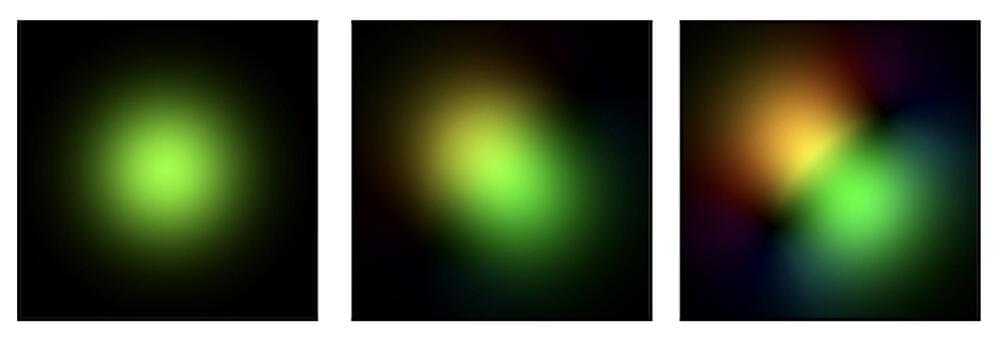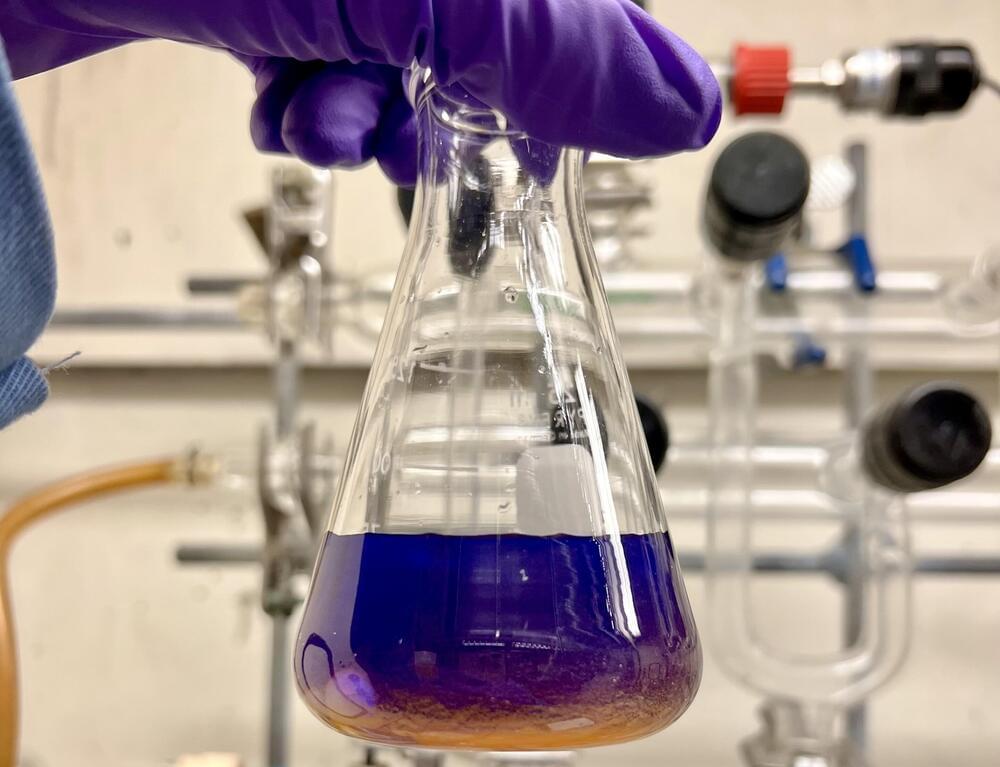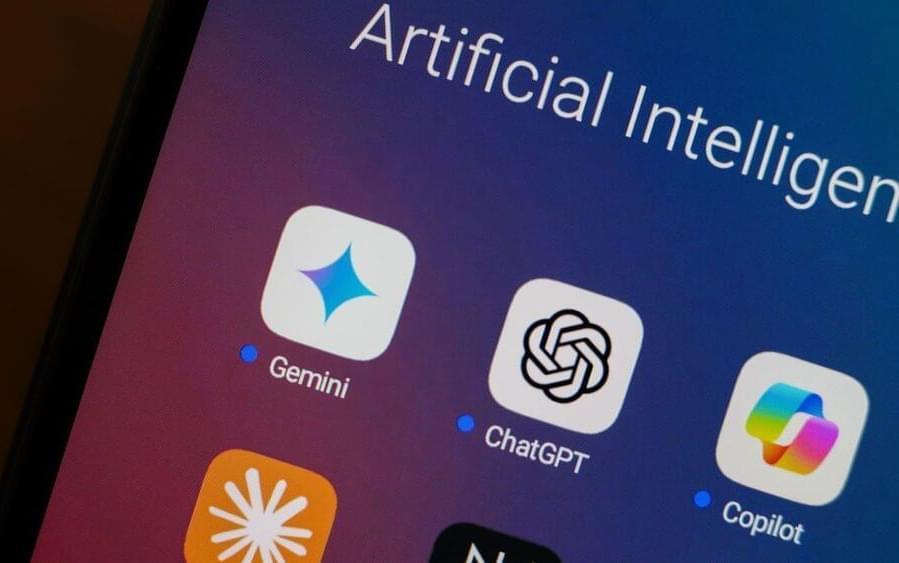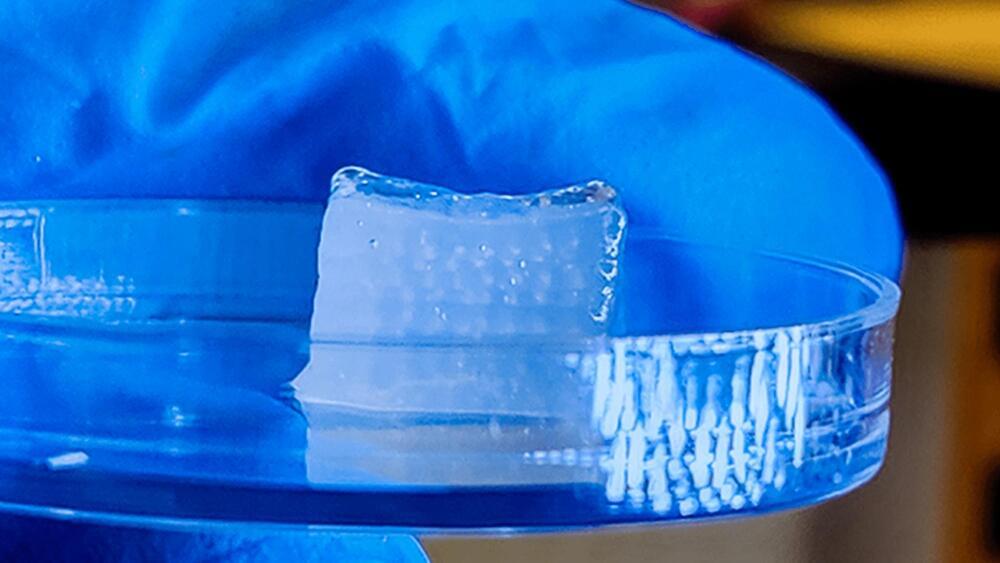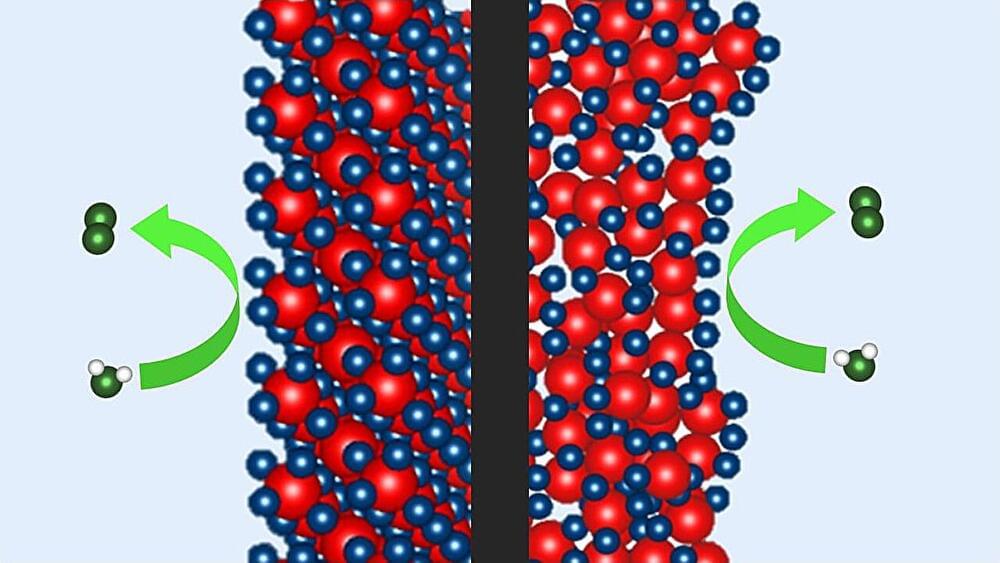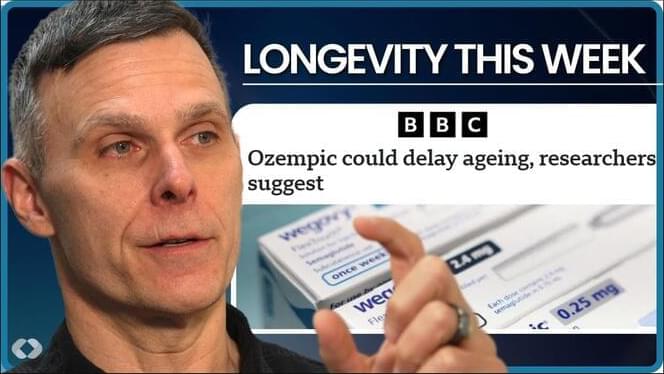Dec 7, 2024
Observing gain-induced group delay between multiphoton pulses generated in a spontaneous down-conversion source
Posted by Shubham Ghosh Roy in categories: computing, particle physics, quantum physics
Spontaneous parametric down-conversion (SPDC) and spontaneous four-wave mixing are powerful nonlinear optical processes that can produce multi-photon beams of light with unique quantum properties. These processes could be leveraged to create various quantum technologies, including computer processors and sensors that leverage quantum mechanical effects.
Researchers at the National Research Council of Canada and École Polytechnique de Montréal recently carried out a study observing the effects emerging in the SPDC process. Their paper, published in Physical Review Letters, reports the observation of a gain-induced group delay in multi-photon pulses generated in SPDC.
“The inspiration for this paper came from studying a process called SPDC,” Nicolás Quesada, senior author of the paper, told Phys.org. “This is a mouthful to say that certain materials are able to take a violet photon (the particle light is made of) and transform it into two red photons.
